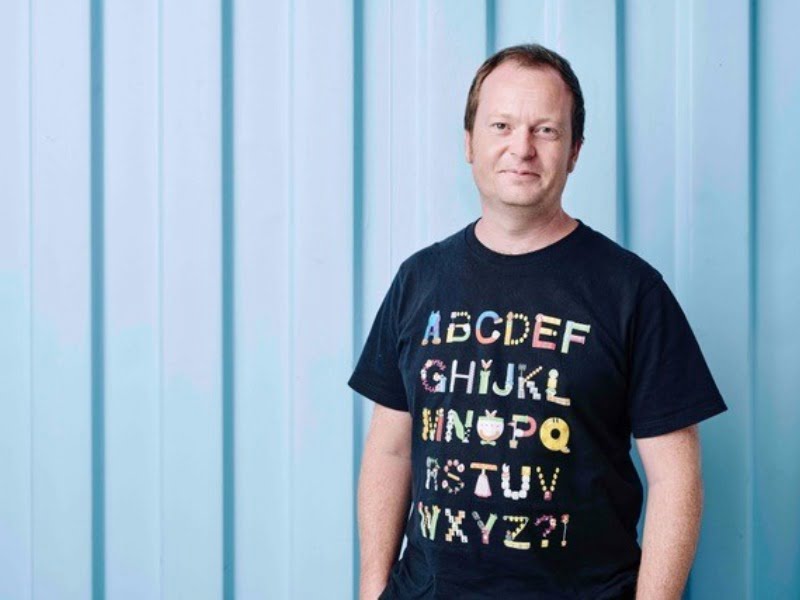The federal government must do more to improve access to capital for early-stage Australian tech companies and cut down associated red tape, according to the founder of Tasmanian startup success story Biteable.
James MacGregor, Simon Westlake and Tommy Fotak founded the do-it-yourself video-making platform Biteable in Hobart in 2014. The company has since raised a seed round of $1.1 million in 2015 and a Series A round of $2.8 million in 2018, led by Tank Stream Ventures and Microequities Venture Capital Fund.
The startup now has five million users and is about to launch the third iteration of its platform. While still based in Hobart, the company now has a second office in Melbourne and members of its 37-person team are based around the world.

While much of the debate around tech policy is currently centred on the research and development tax incentive and visas to attract overseas talent, the federal government should keep a focus on improving access to capital for early-stage firms, Mr MacGregor said.
“The biggest thing that makes or breaks the number and quality of tech startups is access to capital,” Mr MacGregor told InnovationAus.
“If there’s only one or two people not getting paid for a couple of years then they will only build so much. You’re not going to build Facebook or Uber after hours, or with a couple of people not getting paid,” he said.
“You need to build an expert team and that takes capital.”
“The hardest thing in Australia is access to capital. It’s improving, and investors in Australia have a lot more appetite for technology, and the strong success stories have helped. But if you compare it with the US or a bunch of other markets it’s still a very limited pool.”
The National Innovation and Science Agenda of late 2015 included a number of tax breaks for investment in eligible early-stage tech companies, including a 20 per cent non-refundable carry-forward tax offset and exemption from the capital gains tax.
But much more can be done to help young tech firms found the cash needed to grow rapidly, Mr MacGregor said.
“Anything at the core of it that the government can do to assist, incentivise and take out the red tape for investing in technology is going to create more startups, more jobs and bring more people to the country. It has a knock-on effect,” he said.
Biteable is a rare Australian tech success story emerging from outside of Sydney or Melbourne.
While being unable to access much government support from its Hobart base, Mr MacGregor has participated in Austrade’s Landing Pad program, which saw him relocate to San Francisco for three months, and the company also accesses the research and development tax incentive.
“There’s not really anything we’ve been able to access from Tasmania – generally outside of the main hubs there isn’t a lot of government support. But do you really need it? What you need is a community and an ecosystem, and that comes from success,” he said.
“You need the structuring so that people can invest in technology and can exit companies and get a return,” he said.
And being based in a smaller city means founders have to look globally from day one.
“In the early days it forced us to be really creative. We weren’t reliant on customers in Tassie so we naturally had a global focus. There wasn’t a bunch of big companies here that we could build a company around,” Mr MacGregor said.
“We did everything online. It had its challenges but had big benefits too – it forced us to have this global focus and be remote first.”
The company has 17 employees based in Hobart, most being engineers thanks to the proximity of some world-class universities.
Its second office in Melbourne is mostly made up of designers and animators, while the company also has a handful of team members based in the US, Europe and Canada.
It’s important to have flexibility and a willingness to let team members work remotely when the company is based outside of a major city, Mr MacGregor said.
“We’ve gone remote first as a company – we try to find the best people we can and the company is set up to allow them to work as they like to work. That’s really helped us to execute from being based in Hobart,” he said.
A new version of the Biteable platform will be launching in the coming weeks, broadening its offering outside of explainer videos. It will include improvements to the user experience, previewing, editing and text, and include a huge amount of new stock video clips.
Do you know more? Contact James Riley via Email.

